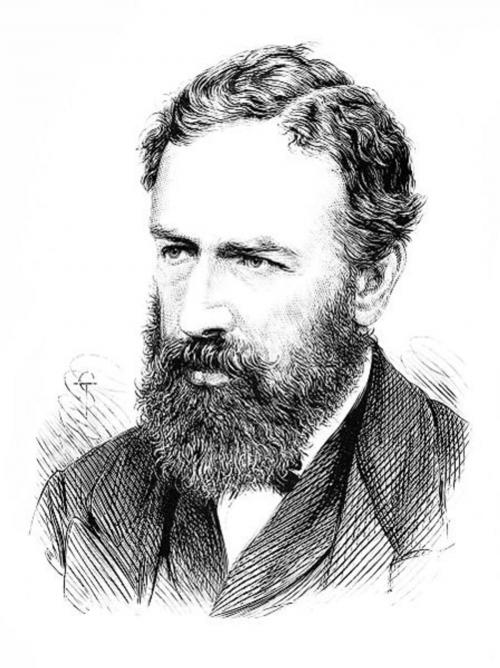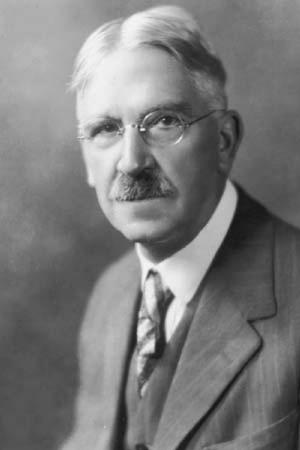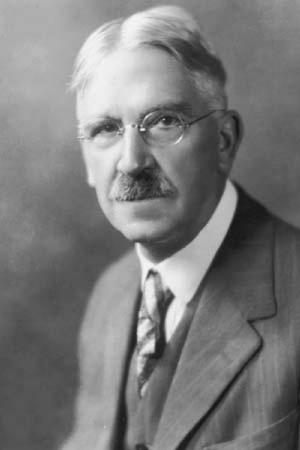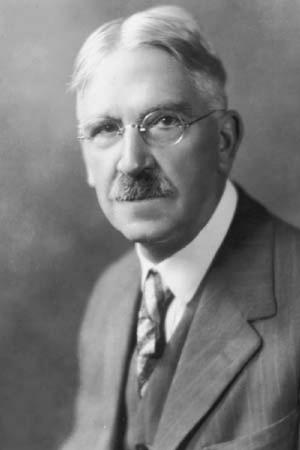| Author: | William Jevons | ISBN: | 1230001439298 |
| Publisher: | Timeless Books | Publication: | November 22, 2016 |
| Imprint: | Language: | English |
| Author: | William Jevons |
| ISBN: | 1230001439298 |
| Publisher: | Timeless Books |
| Publication: | November 22, 2016 |
| Imprint: | |
| Language: | English |
The book has an active table of contents for readers to easy access of each chapter of this high quality 1874 edition of the Principles of Science by William Jevons.
William Stanley Jevons was an English economist and logician in the row with the greatest thinkers Bertrand Russell, Gottlob Frege, Karl Popper, Charles Sanders Peirce, John Stuart Mill, Irving Fisher, Carl Menger, and Alfred Marshall.
William Jevons invented the logic piano and a mechanical computer that was a pioneer work for modern computer. His important contribution to logic and scientific methods is his masterwork The Principles of Science in 1874. In the book of The Principles of Science, Jevons gave a powerful explanation and discussion of familiar scientific topics that were argued by almost every known Western natural philosopher. He asserted his logic framework as "Doubtless there is in nature some invariably acting mechanism, such that from some fixed conditions an invariable result always emerges. But we, with our finite minds and short experience, can never penetrate the mystery of these existences .... . We are in the position of spectators who witness the production of a complicated machine, but are not allowed to examine its structure. We learn what does happen and what does appear, but if we ask for the reason, the answer would involve an infinite depth of mystery."
In The Principles of Science, Jevons also declared that induction is simply an inverse employment of deduction, developed the general theory of probability, and explained the relation between probability and induction. Using his knowledge of the various natural sciences, he worked out throughout the book to put together the abstract character of logical doctrine with concrete scientific illustrations in great detail.
William Jevons’ influence has been felt in nearly every field of the humanities and sciences. The reasoning by William Jevons still remains as relevant today as it was then. This book is one of the most important ones about the deepest thoughts of logic and scientific framework by William Jevons, one of the greatest thinkers of science and logic on the planet.
The book has an active table of contents for readers to easy access of each chapter of this high quality 1874 edition of the Principles of Science by William Jevons.
William Stanley Jevons was an English economist and logician in the row with the greatest thinkers Bertrand Russell, Gottlob Frege, Karl Popper, Charles Sanders Peirce, John Stuart Mill, Irving Fisher, Carl Menger, and Alfred Marshall.
William Jevons invented the logic piano and a mechanical computer that was a pioneer work for modern computer. His important contribution to logic and scientific methods is his masterwork The Principles of Science in 1874. In the book of The Principles of Science, Jevons gave a powerful explanation and discussion of familiar scientific topics that were argued by almost every known Western natural philosopher. He asserted his logic framework as "Doubtless there is in nature some invariably acting mechanism, such that from some fixed conditions an invariable result always emerges. But we, with our finite minds and short experience, can never penetrate the mystery of these existences .... . We are in the position of spectators who witness the production of a complicated machine, but are not allowed to examine its structure. We learn what does happen and what does appear, but if we ask for the reason, the answer would involve an infinite depth of mystery."
In The Principles of Science, Jevons also declared that induction is simply an inverse employment of deduction, developed the general theory of probability, and explained the relation between probability and induction. Using his knowledge of the various natural sciences, he worked out throughout the book to put together the abstract character of logical doctrine with concrete scientific illustrations in great detail.
William Jevons’ influence has been felt in nearly every field of the humanities and sciences. The reasoning by William Jevons still remains as relevant today as it was then. This book is one of the most important ones about the deepest thoughts of logic and scientific framework by William Jevons, one of the greatest thinkers of science and logic on the planet.















